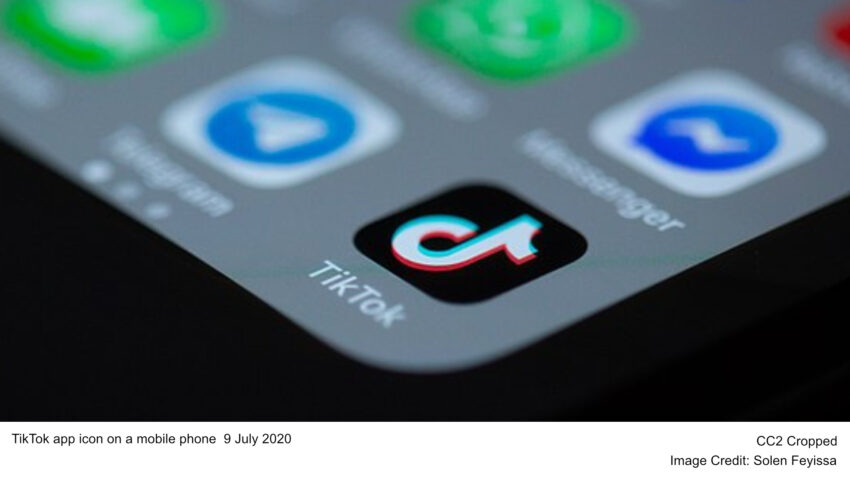TikTok has made an urgent appeal to the U.S. Supreme Court, seeking a temporary injunction against a looming ban. The app, owned by Chinese company ByteDance, faces a nationwide prohibition unless it divests by January 19. TikTok argues that the ban would lead to massive censorship and significant financial losses for American businesses and creators who rely on the platform. This legal battle has been ongoing since 2020 when national security concerns first arose under then-President Trump.
- TikTok Appeals to Supreme Court: TikTok seeks a temporary injunction against a looming U.S. ban set for January 19, arguing it infringes on free speech and causes economic harm to creators and businesses.
- National Security Concerns: The U.S. government asserts that TikTok poses a national security risk due to potential data access by the Chinese government, driving the push for divestiture.
- Broader Implications: This legal battle underscores tensions between the U.S. and China in the tech sector and may set a precedent for future actions against foreign-owned platforms.
- Uncertain Future: With the D.C. Circuit Court rejecting TikTok’s prior appeal, the Supreme Court’s decision will be pivotal in determining TikTok’s U.S. presence.
Various media outlets have reported on TikTok’s recent filing, highlighting the company’s plea to delay enforcement of the ban. TikTok claims that the app serves as a vital communication platform for over 170 million Americans. It insists that a temporary halt to the ban would provide time for the Supreme Court to properly assess the case, especially regarding free speech rights. The company warns that the shutdown would not only affect creators but also lead to substantial revenue losses for small businesses.
The U.S. Court of Appeals for the District of Columbia Circuit recently rejected TikTok’s request to suspend the ban. Legal experts believe that TikTok will continue to appeal, as the company’s legal team argues that the ban infringes on First Amendment rights. TikTok’s spokesperson, Michael Hughes, emphasized the importance of free speech, urging the Supreme Court to apply rigorous scrutiny to the proposed ban. In contrast, the government maintains that TikTok poses a significant national security threat due to potential data access by the Chinese government.
President-elect Trump, who previously supported the ban, has now shifted his stance. During his campaign, he pledged to save TikTok, viewing it as a pivotal tool to engage younger voters. The platform’s potential closure has sparked debates about balancing national security concerns with free speech rights. This case could set a precedent for future actions against foreign-owned social media platforms in the U.S.
The Supreme Court’s decision could have far-reaching implications for TikTok’s operations in the U.S. and the broader tech industry. As the legal proceedings unfold, TikTok’s future in the American market remains uncertain. The company’s legal battle highlights the ongoing tensions between the U.S. and China, particularly in the digital space. With the January 19 deadline approaching, all eyes are on the Supreme Court for a potential resolution.

